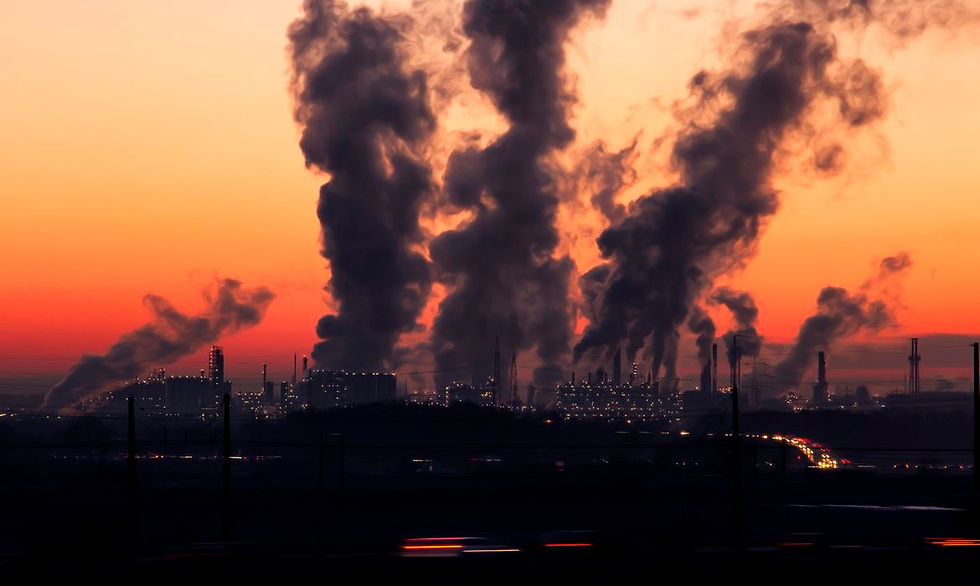
Brazil and the UK work together to decarbonize the industry
Joint action celebrated at COP29 in Azerbaijan
Luiz Cláudio Ferreira - Reporter for Agência Brasil
Published on 12/08/2024 - Brasília
The governments of Brazil and the United Kingdom have launched cooperation actions for a joint industrial decarbonization policy, considered fundamental for environmental protection. The partnership aims to enable the transition to clean energy with strategic minerals and low-carbon hydrogen.
The cooperation structure between the two countries has been named the “Decarbonization Centre.” This joint action was celebrated at COP29, held in Baku (Azerbaijan) in November, and will be further developed at COP30, which will take place next year in Belém (PA).
According to economist Clovis Zapata, representative of the United Nations Industrial Development Organization (UNIDO) in Brazil, the main challenge for decarbonizing industry in Brazil is to develop business models capable of disseminating low-carbon technologies in conjunction with economic growth.
“This includes segments whose own industrial processes are difficult to decarbonize (such as steel, cement, and petrochemicals),” he said in an interview with Agência Brasil.
Investments
An important point is the need presented by Brazilian industry to facilitate investment in decarbonization and the sustainable modernization of infrastructure. The partnership between the governments aims to attract national and international technical and financial resources for decarbonization projects and public policies.
“The UK brings climate finance, expertise in innovative technologies, and experience in decarbonization public policies,” said Zapata.
Brazil as a reference
According to the Unido representative, this European cooperation complements Brazil's already recognized initiatives in the development and use of renewable energies and biofuels.
According to the economist, Brazil is a world reference in these sectors. “Together, the two countries can create a mutually beneficial environment of bilateral cooperation that promotes innovative and globally replicable solutions and serves as a benchmark, especially for other countries in the Global South with similar development to Brazil,” he explained.
The UK's support for Brazil would include financial investments with the participation of governments, companies, funds, financial institutions, and international organizations.
The UK representative said that the Industrial Decarbonization Hub is already up and running, and the UN body itself has launched calls for proposals for the development of projects and studies in strategic segments.
See the terms of the agreement between Brazil and the UK.
Decarbonization
Another challenge is to draw the international community's attention to the potential problems of phasing out the technologies used to implement clean energy, such as solar and wind power.
The UK representative assured us that there are already international partners with projects to collect and properly treat products at the end of their life cycle. “Both the UK and the EU have advanced legislation for these end-of-life products and comprehensive collection and treatment systems that include decontamination and recycling.” The idea is that, by 2025, Brazil will also have a cooperation project with the federal government to improve the treatment and recycling system for critical materials and metals.


Comentarios